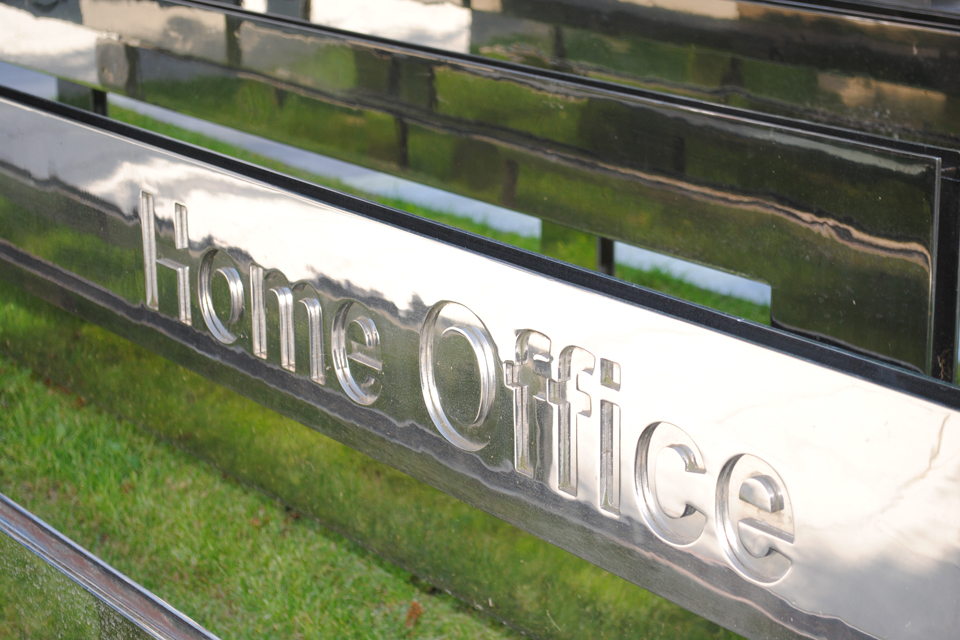Home Secretary speech at Girl Summit 2014
Speech given by Home Secretary Theresa May on 22 July 2014 at the Girl Summit.

On Saturday the Development Secretary and I had the privilege to speak at a youth summit on female genital mutilation (FGM) and early and forced marriage – the energy and commitment of hundreds of school children and young people was truly inspiring.
I am pleased that some of the young people from Saturday’s event have joined us here today. Because if we are to realise our ambition in ending the harmful practices of FGM and forced marriage, the role of young people in pushing for change is crucial.
But we also need to ensure that everyone from government to civil society is playing their part.
I know many of you will be making commitments today, so I want to set out what more the UK government will be doing.
Today the government is pleased to announce an extensive package of reforms – underlining the UK’s commitment to improving the lives of the thousands of girls and women in this country at risk of FGM and forced marriage.
Our laws must protect victims. That’s why we have criminalised forced marriage. And it’s why we are strengthening our laws on FGM.
We will give victims of FGM anonymity during court cases.
We will be consulting on making it mandatory for professionals to report cases of FGM.
We will make the law clearer on parents’ liability for failing to prevent their child being subjected to female genital mutilation.
And we are working to improve the police response. The College of Policing will issue new guidance to raise awareness of FGM among officers. In addition, Her Majesty’s Inspectorate of Constabulary will carry out an inspection of the police response to honour based violence with a focus on FGM and forced marriage.
But legislation alone is not enough. We must do more to prevent these harmful practices ever happening in the first place. We must raise awareness, challenge social norms and protect those at risk.
According to new data published today, over 100,000 women in the UK are living with the consequences of FGM, and 60,000 girls are at risk. In addition, last year the government’s forced marriage unit provided advice in over 1,300 cases. So we must do more. Because one girl subjected to FGM or forced to marry is one too many.
Today I can announce that we are setting up a national FGM Prevention Programme, working in partnership with NHS England with a budget of £1.4m this financial year.
The Department for Education has commissioned new briefing for schools on FGM and forced marriage.
The Ministry of Justice will be consulting on new civil protection orders for FGM.
We will provide more funding to help charities raise awareness and will launch a network of community champions with the cultural knowledge and connections necessary to challenge beliefs and change behaviours.
We are launching improved multi-agency practice guidelines on how to tackle cases of FGM, a new FGM E-learning package for safeguarding practitioners and a resource pack for commissioners.
And to deliver our work to tackle FGM we will be opening a new cross-government specialist FGM unit working with criminal justice partners, children’s services, healthcare professionals and affected communities.
These measures will ensure we can maintain the momentum on stamping out these harmful practices. We must continue to work together and challenge ourselves to think differently, find new ways of engaging with communities, and change attitudes.
We are making progress. And today we are taking one more step on the road towards giving women a voice, and eradicating these harmful practices.
Let the message of this Summit be that together, we can bring an end to FGM and forced marriage.